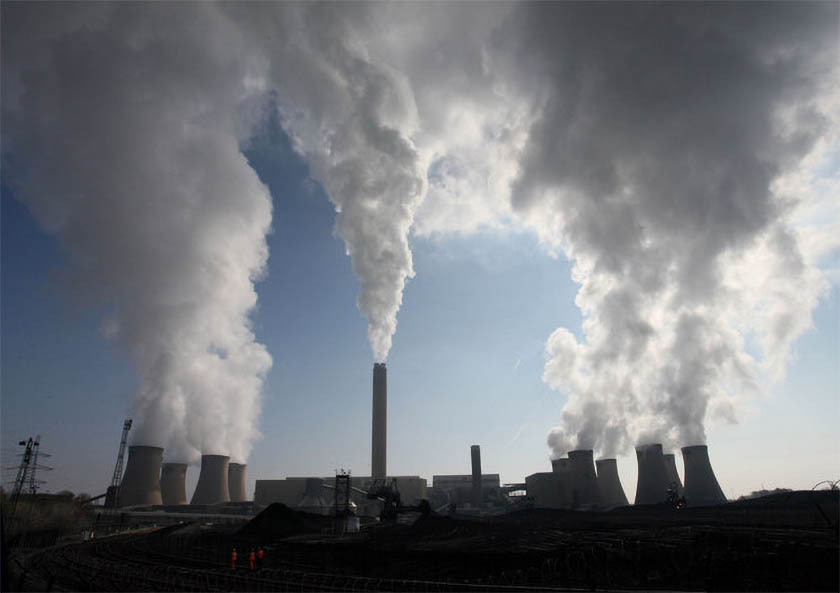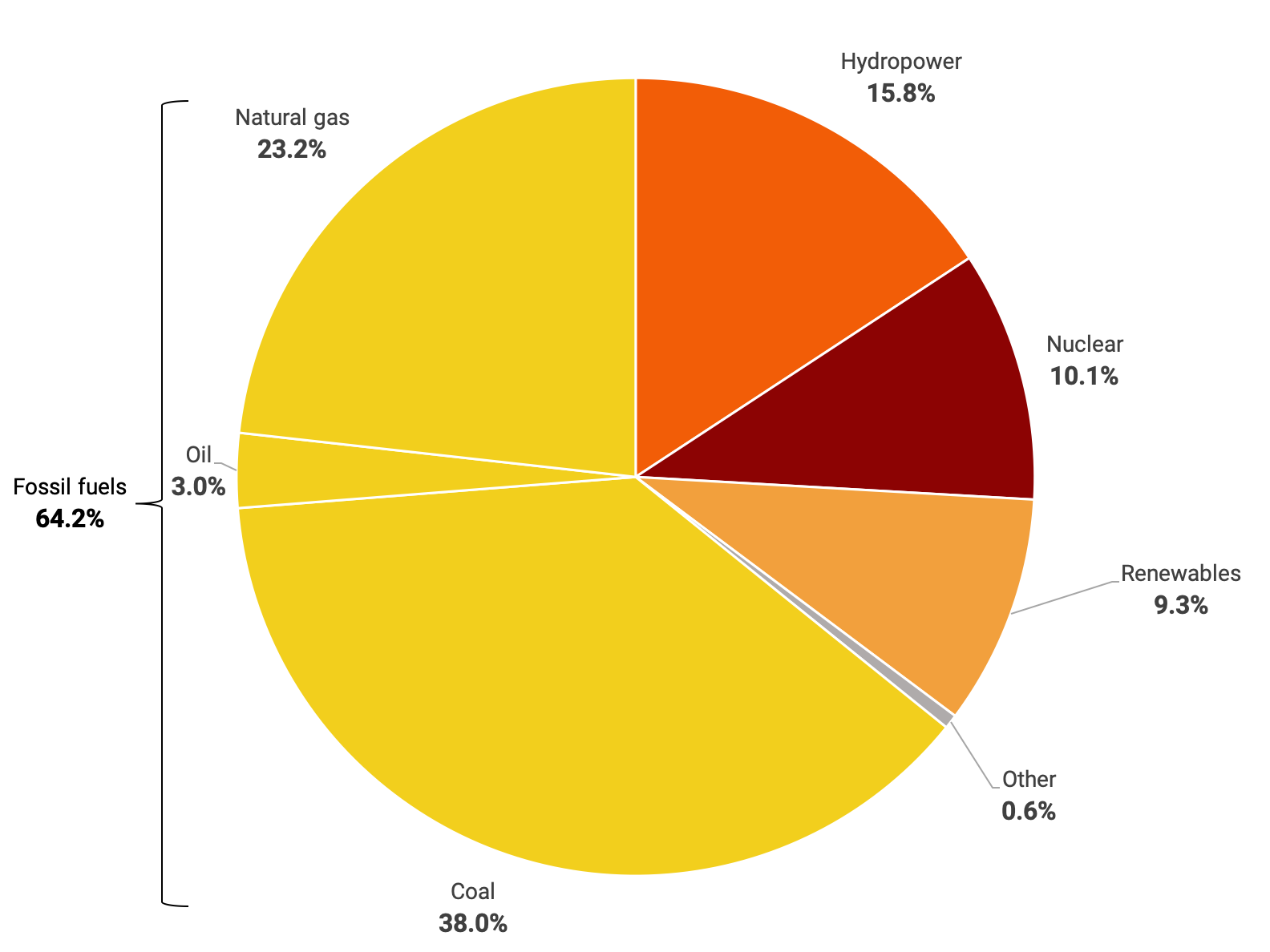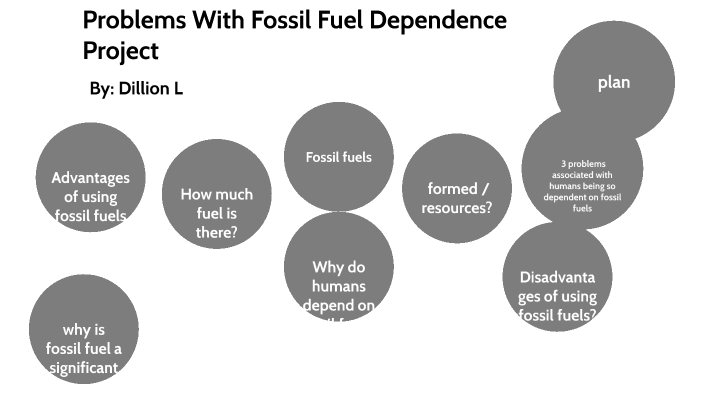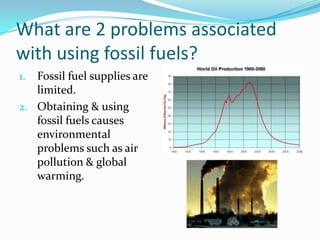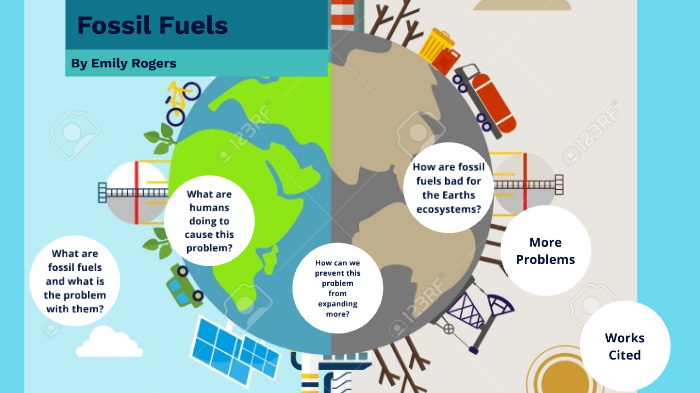Fossil fuels, such as coal, oil, and natural gas, have been a major source of energy for centuries and have played a crucial role in the development of modern society. However, their continued use has also contributed to a number of significant problems, both for the environment and for human health.
One of the main problems with fossil fuels is that they release greenhouse gases when burned, which contribute to global warming and climate change. The burning of fossil fuels releases large amounts of carbon dioxide, a potent greenhouse gas, into the atmosphere, which traps heat and leads to rising temperatures. This can have a range of negative consequences, including more frequent and severe natural disasters, such as hurricanes, floods, and droughts, as well as rising sea levels, which threaten coastal communities and ecosystems.
In addition to their impact on the climate, fossil fuels also contribute to air pollution. The burning of coal, oil, and natural gas releases a range of harmful pollutants, including particulate matter, nitrogen oxides, and sulfur dioxide, which can have serious effects on human health. These pollutants can cause respiratory problems, such as asthma and chronic obstructive pulmonary disease (COPD), as well as cardiovascular disease and cancer. They can also have negative impacts on ecosystems, causing acid rain and harming plant and animal life.
Fossil fuels also have negative impacts on water resources. The extraction and transportation of fossil fuels can lead to the contamination of water sources with chemicals and other pollutants, which can have serious consequences for human health and the environment. In addition, the extraction of fossil fuels can also lead to the destruction of natural habitats, such as wetlands and forests, which can have negative impacts on biodiversity.
Another problem with fossil fuels is that they are non-renewable resources, which means that they will eventually run out. As the world's population continues to grow and demand for energy increases, it is becoming increasingly important to find sustainable, renewable sources of energy. Failure to do so could lead to major shortages and disruptions in the future.
In conclusion, the use of fossil fuels has contributed to a number of significant problems, including climate change, air pollution, water contamination, and the destruction of natural habitats. While they have been a reliable source of energy in the past, it is important to transition to more sustainable and renewable sources in order to address these problems and ensure a healthy and prosperous future for all.
